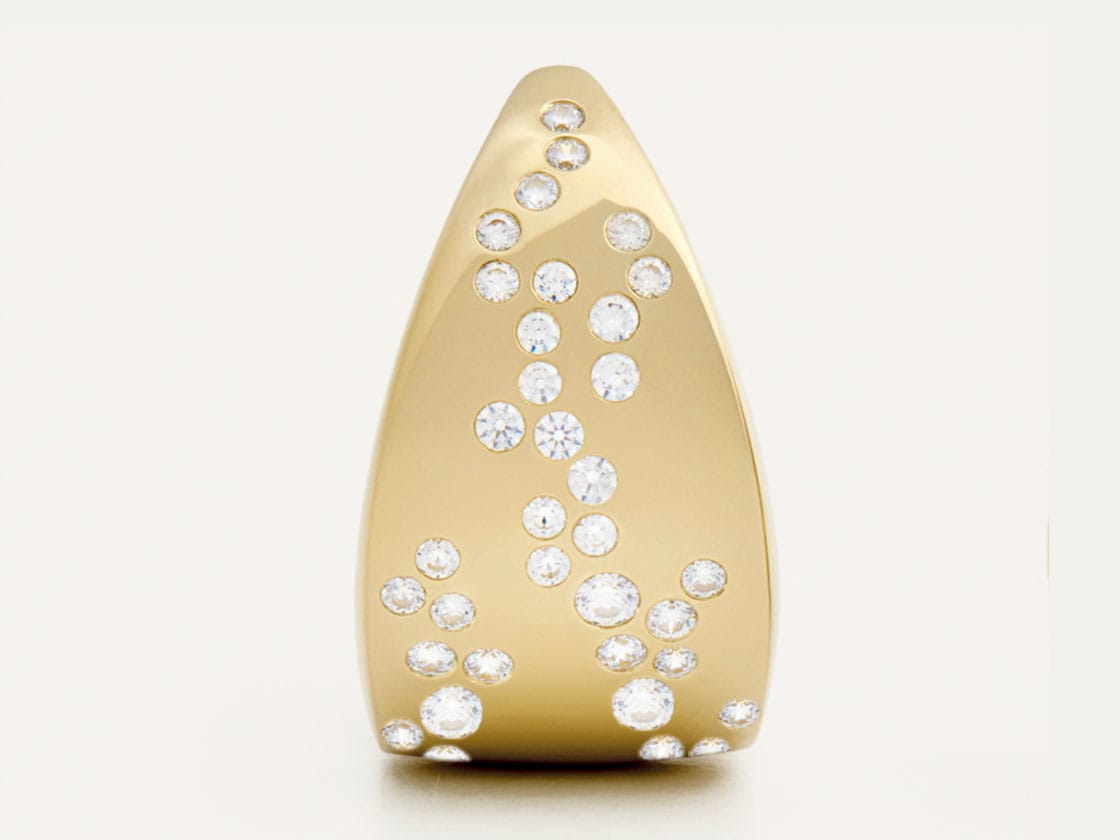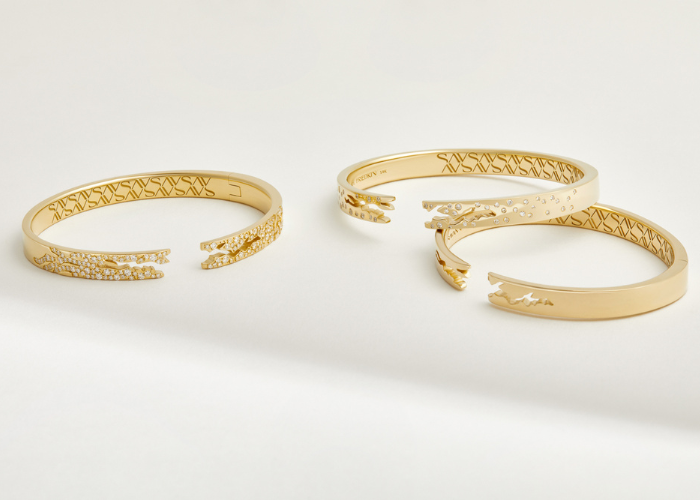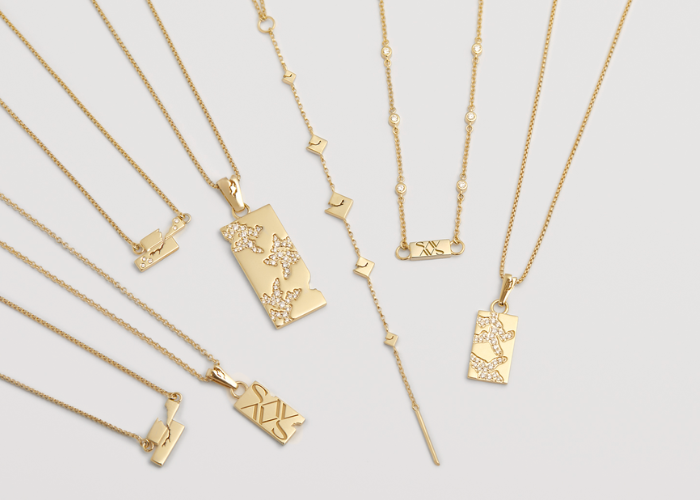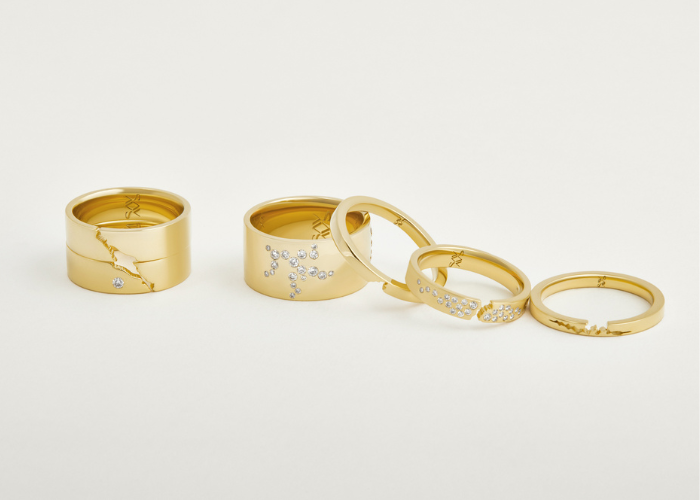Lab Grown Diamond
Laboratory-grown diamonds have essentially the same chemical, optical and physical properties and crystal structure as natural diamonds. Like natural diamonds, they are made of tightly-bonded carbon atoms. They respond to light in the same way and are just as hard as natural diamonds. The main differences between laboratory-grown and natural diamonds lie in their origin. – GIA
Climate Neutral
Climate neutrality refers to the idea of achieving net zero greenhouse gas emissions by balancing those emissions so they are equal (or less than) the emissions that get removed through the planet’s natural absorption; in basic terms it means we reduce our emissions through climate action. – UN
Recycled Gold
Gold that has been previously refined. This term traditionally encompasses anything that is gold-bearing and has not come directly from a mine in its first gold life cycle. In practical terms, recyclable material includes end-user, post-consumer products, scrap and waste metals, and materials arising during refining and product manufacturing, and investment gold and gold-bearing products. Certifications come from agencies such as the Responsible Jewellery Council (RJC) and International Organization of Standards (ISO)
Ethical Supply Chain
Supporting an ethical supply chain means that companies will incorporate social and human rights as well as environmental considerations into how they do business across the world. SF focuses on working with companies that have received the Responsible Jewellery Council (RJC), International Organization of Standards (ISO), and Scientific Certification Systems, Inc (SCS) Global Certifications.
Transparent Supply Chain
Supply chain transparency is the practice of sharing information, or conducting business openly, so that consumers as well as companies know where and how goods are produced. Transparent supply chains verify the origin and flow of materials, parts, and finished products. In doing so, companies keep their stakeholders informed and comply with laws that protect the planet, workers, and human rights.
Sustainability
At SFJ we believe sustainability is the idea that goods and services should be produced in ways that do not use resources that cannot be replaced, do not damage the environment, and that can be maintained over a long period of time. We believe that true sustainability stretches to every aspect of our business practices, from design to fulfillment.











